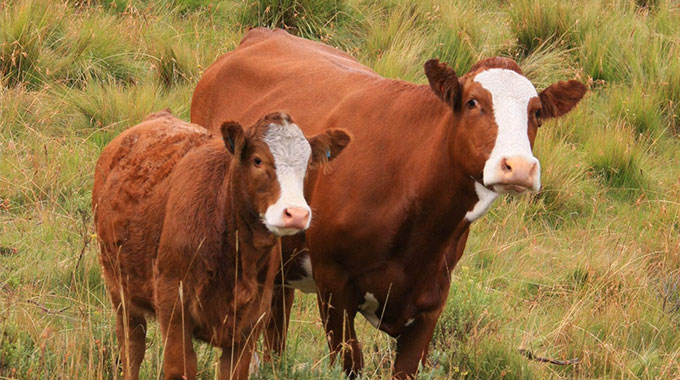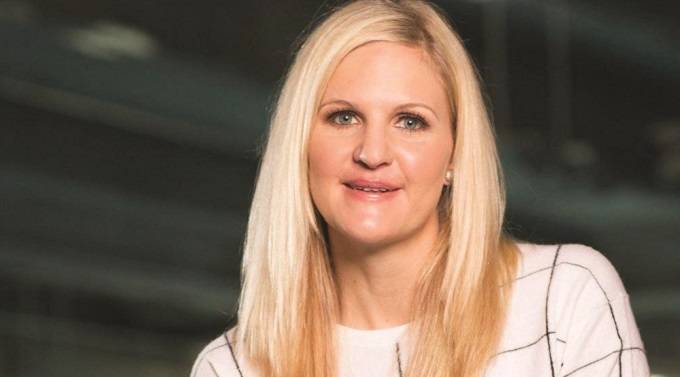Covid-19 piles misery on livestock farmers

Mthabisi Tshuma, Business Correspondent
LIVESTOCK farmers across the country have been hit hard by Covid-19, which has resulted in reduced sales and a drop in prices following closure of most businesses under the lockdown period.
While farmers who rear goats, pigs, cattle and chicken have been given an essential service status, they are unable to operate efficiently due to the lockdown.
Mixed commercial farmer, Mr Baldwin Mazango, who is based in Midlands province and is the Youths in Agriculture Apex Council Board (YAACB) vice-chairperson said they were experiencing market challenges.
“As mixed commercial farmers, we are happy that the agriculture sector has been classified as an essential service. Access to feed, supplements and veterinary drugs, which are critical in our livestock operations has been okayed by the Government.
“I rear cattle, goats, broilers and free range boschveld chickens and we are facing challenges on the marketing side. There has been depressed demand on both red and white meat due to the travelling restrictions as a result of the lockdown,” he said.
“Also the reduced operating hours of meat outlets is another factor that needs to be looked at.”
Mr Mazango appealed to Government to ensure ease of movement of livestock producers and the buyers so that there is minimum disturbance on the value chain. Mr Bakani Matiwaza of Roslea Farm in Umguza said their clientelle has been unable to make previous payments due to the lockdown resulting in challenges on stocking up feed for his chickens.
“We have a carrying capacity of 20 000 chickens but now we are operating on 4 000 chickens. Our corporate customers and schools that we were supplying rapidly closed and some payments were not done and will only be done after the lockdown,” he said.
“By the time the payments come, the value of that money won’t be able to buy the feed and now we have had to dig into reserves to purchase feed with hiccups on payments.”
Mr Matiwaza said as small scale poultry farmers, they were now stuck with produce hence the need to utilise the advancement of technology to create new markets.
“This is a time for us as business to be innovative to use social media to advertise and sell our produce.
“With more advertising it will help the masses not be victimised by outrageous pricing due to lack of supply from producers,” he said.
Ms Cassandra Mahala, a farmer based in Bulawayo said: “Basically movement has been a challenge. Most customers on the other hand are not getting paid for the month they did not work so the flow of cash has also been affected resulting in most customers delaying to pay”.
Mr Mduduzi Ndimande, a goat farmer based in Kensington, said he was unable to travel because of restrictions on the road.
“l buy goats from places that include Tsholotsho and Nkayi, I then come and breed them before selling them to the nearby communities.
“Now I am unable to travel to those places and am financially stuck because of the pandemic and the lockdown leading to me to consume reserve capital by staying at home,” said Mr Ndimande.
Mr Mkhululi Ncube of Umguza said: “I have not been able to go out to the farm due to lockdown thereby failing to monitor my production. As we speak, farm work has been brought to a halt. I have cattle, goats and roadrunners and there has been a high mortality of chickens since the lockdown started.”
Shangani-based Ms Nomvula Ndlovu said thieves were wreaking havoc in their area taking advantage of the lockdown. She said Government should exempt them to travel to the farms and consider cushioning them so they can restock for operations after Covid-19 phase.
Mr Mlisi Siziba a pig farmer in Mbuyazwe said: “Some of us rent these farms and we are now unable to pay rent because we have nowhere to sell our produce”.
Mrs Gugulethu Ndlovu who trains farmers on how to rear broilers and layers said they were unable to conduct the training sessions as people are not allowed to convene.
Zimbabwe Farmers Union executive director, Mr Paul Zakariya, urged farmers to improvise and be patient.
“During this very difficult time, restaurants, lodges and other outlets have been closed. There has been a slight decline in livestock sales (for instance) to abattoirs. Livestock prices have significantly gone down in some areas due to the decline in demand.
“Retail prices, however, have not gone down to reflect the reality on the ground. During this period, farmers are encouraged to keep their cattle and manage them well for better days,” said Mr Zakariya. — @mthabisi_mthire.








Comments